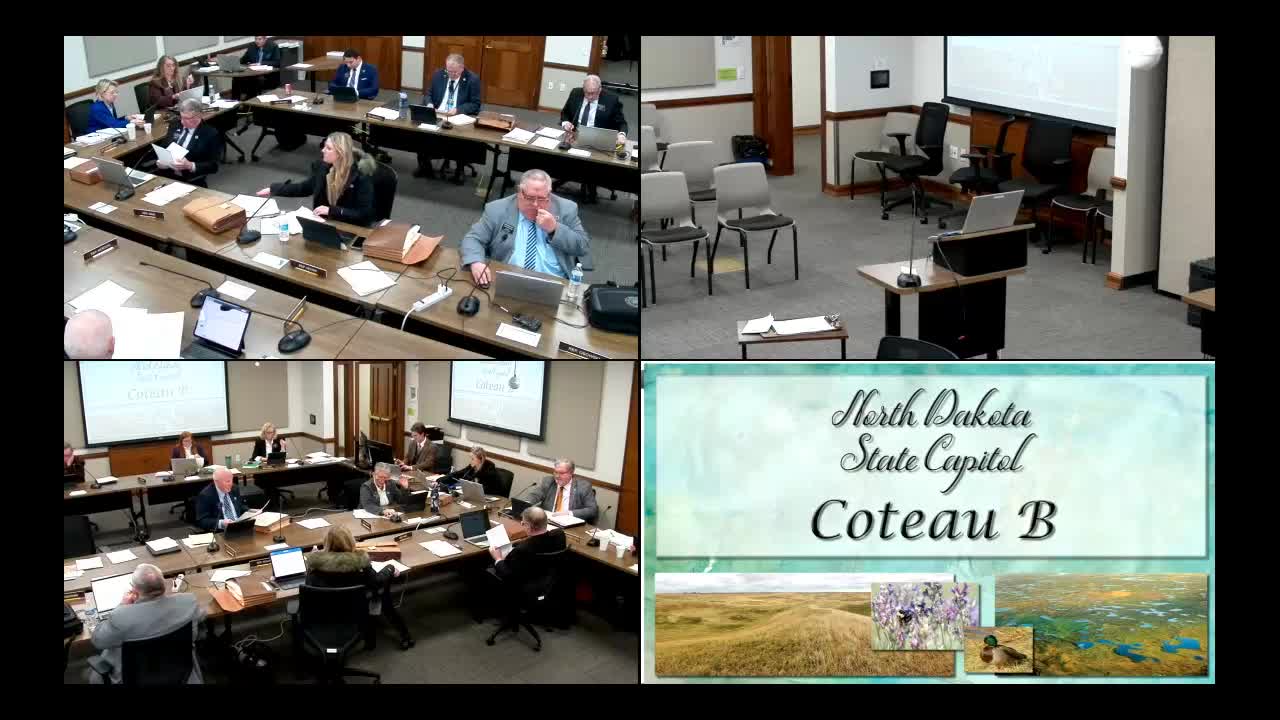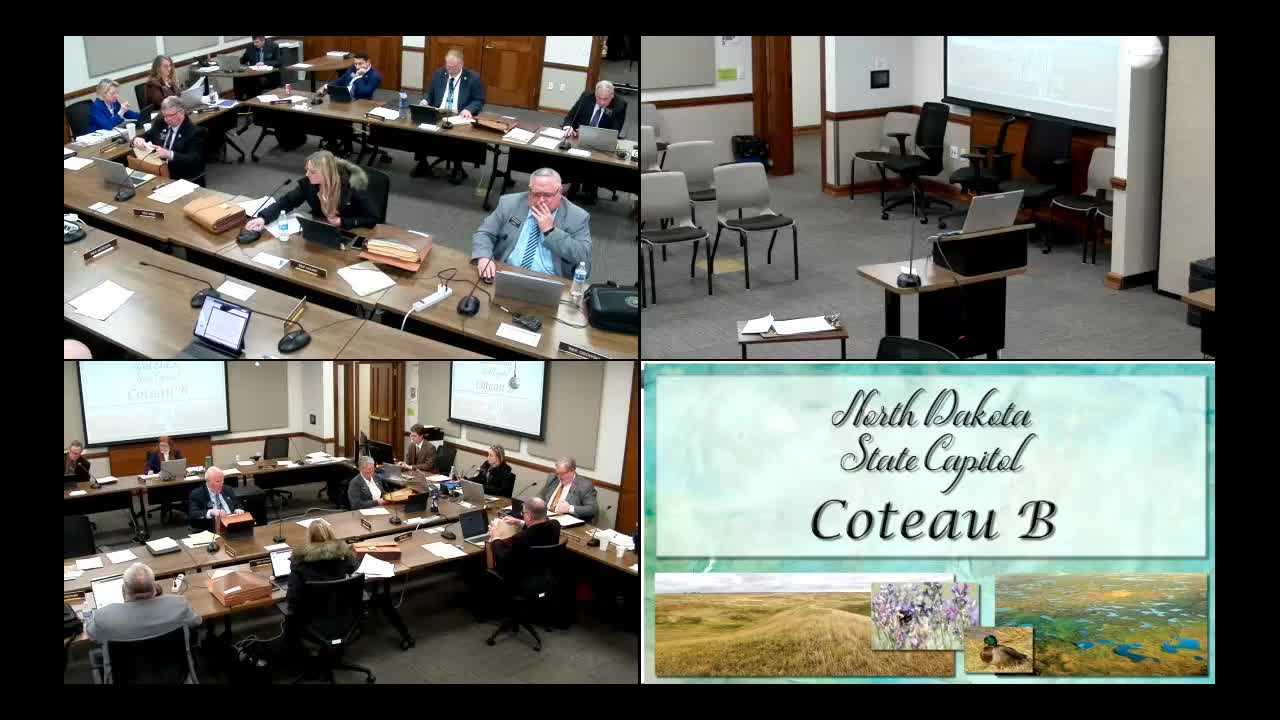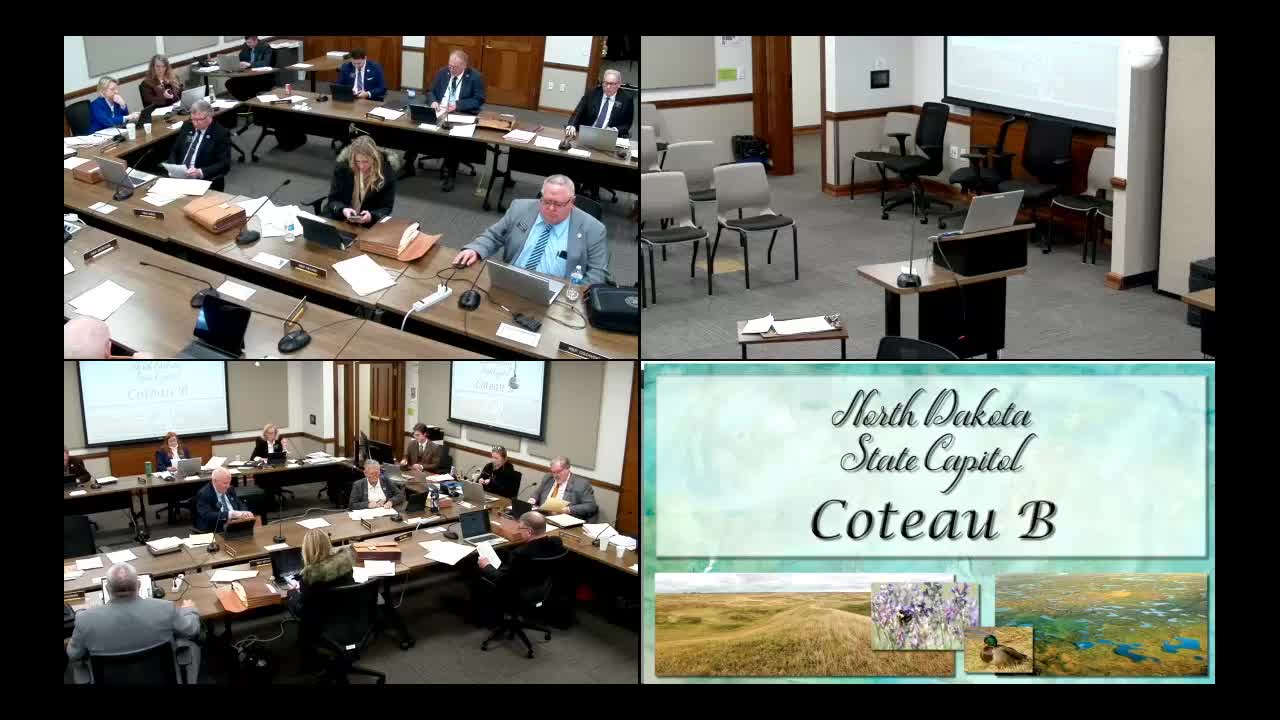Article not found
This article is no longer available. But don't worry—we've gathered other articles that discuss the same topic.

Committee deadlocks on micro‑school bill after contentious debate on zoning, safety and oversight

Committee adopts amendment to require schools to offer voluntary daily Pledge of Allegiance

House Education committee reconsiders, amends House Bill 14‑97 and votes to advance

